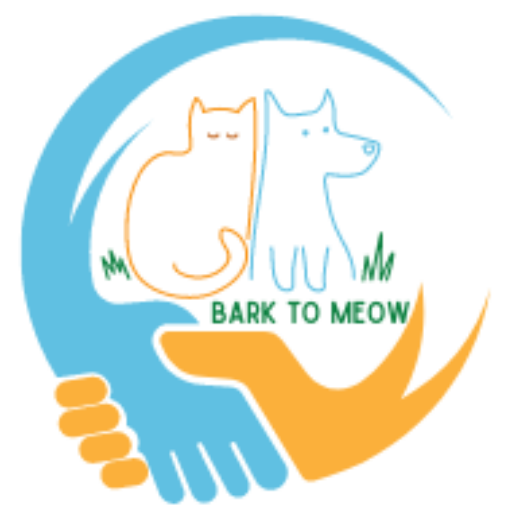Age and Nutrition: What Dog Food Changes?
As our dogs age, their nutritional needs shift significantly. Understanding these changes is essential for their health and well-being. This article will explore how age affects dog nutrition, the best food choices for senior dogs, and tips for maintaining a balanced diet throughout their life stages.
Understanding Nutritional Needs by Age
Dogs of all ages, including puppies, adults, and senior citizens, have different dietary needs. Puppies need high protein and fat levels to support rapid growth. Adult dogs benefit from a balanced diet that maintains their energy levels and weight. Senior dogs, however, require diets that support joint health, digestion, and weight management.
Key Nutritional Changes for Senior Dogs
Protein Levels: Senior dogs often need higher-quality protein. This helps maintain muscle mass as they age. Seek for dog foods where the primary ingredient is actual meat.
Fat Content: Healthy fats are crucial for senior dogs. Omega-3 fatty acids, found in fish oil, promote joint health and reduce inflammation. However, monitor fat levels to prevent weight gain.
Fiber: Older dogs may experience digestive issues. Increased fiber helps with digestion and can alleviate constipation. Look for foods containing brown rice, pumpkin, or beet pulp.
Joint Support: Ingredients such as glucosamine and chondroitin promote joint health. These can help alleviate discomfort and improve mobility in senior dogs.
Calories: As activity levels decrease, calorie needs may drop. Choose lower-calorie dog food to help maintain a healthy weight and prevent obesity.
Best Dog Food Options for Seniors
When selecting food for senior dogs, consider these types:
Dry Kibble: A popular choice, it provides dental benefits and is easy to store. Look for brands specifically formulated for seniors.
Wet Food: Often more palatable, wet food can be beneficial for dogs with dental issues or those who prefer softer textures.
Homemade Diets: Consult a veterinarian before preparing homemade meals. These diets can be tailored to meet specific health needs but require careful planning.
Specialty Diets: If your dog has specific health concerns, consider veterinary-prescribed diets. These often address conditions like kidney disease or allergies.
Transitioning to Senior Dog Food
Changing your dog’s diet should be a gradual process. Sudden changes can upset their stomach. Follow these steps:
Introduce New Food Slowly: Start by combining the new dish with their present cuisine in a little quantity. Gradually increase the new food over a week.
Monitor Their Response: Keep an eye on your dog’s weight, energy levels, and overall health during the transition.
Consult Your Veterinarian: Regular check-ups can help ensure that your dog’s diet meets their health needs.

Maintaining a Balanced Diet
Ensuring your senior dog receives a balanced diet involves more than just food choice:
Regular Exercise: Maintain a routine of light exercise. Short walks and playtime help keep your dog active and healthy.
Hydration: Always provide fresh water. Senior dogs may be prone to dehydration, especially if they’re on a dry diet.
Routine Veterinary Check-ups: Regular visits help catch any potential health issues early, allowing for timely intervention.
Conclusion
As dogs age, their nutritional needs evolve. By understanding these changes and selecting the right foods, you can help ensure your dog lives a healthy, happy life.
Prioritize high-quality ingredients, monitor their health, and consult your veterinarian for tailored advice. With the right approach to age and nutrition, you can significantly improve your senior dog’s quality of life.










GIPHY App Key not set. Please check settings